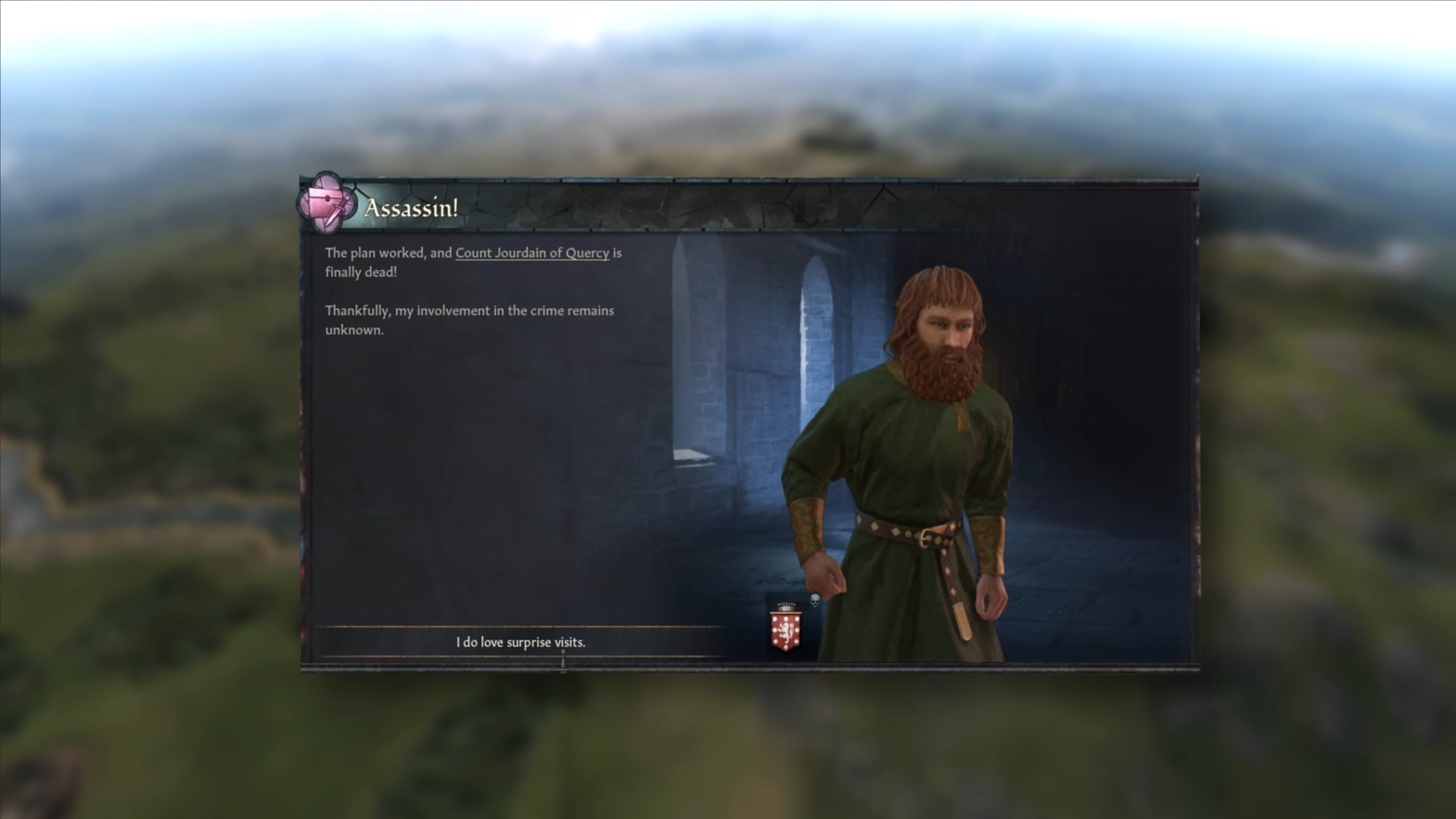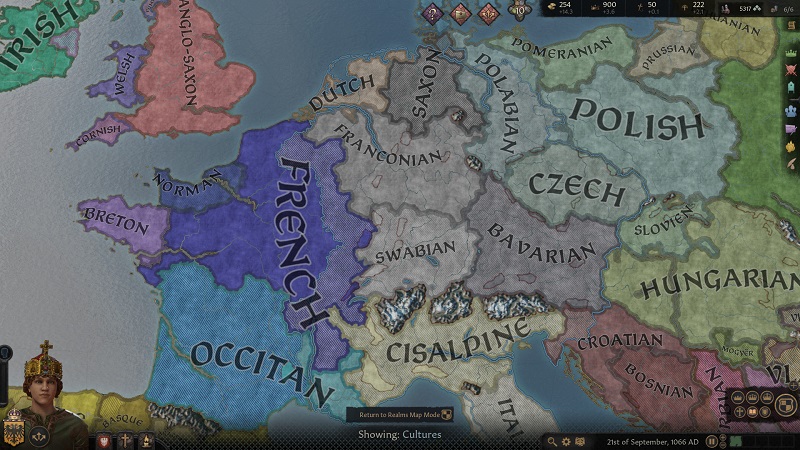

Another brother, Charles I of Anjou, also joined Louis. Poitou was ruled by Louis IX's brother Alphonse of Poitiers, who joined him on his crusade in 1245. A much smaller force of Englishmen, led by William Longespée, also took the cross.Įngraving representing the departure from Aigues-Mortes of King Louis IX for the crusade (by Gustave Doré)įrance was one of the strongest states in Europe at the time, as the Albigensian Crusade had brought Provence into Parisian control. The only king interested in beginning another crusade therefore was Louis IX, who declared his intent to go east in 1245. Louis IX had also invited King Haakon IV of Norway to crusade, sending the English chronicler Matthew Paris as an ambassador, but again was unsuccessful. Henry and Louis were not on the best of terms, being engaged in the Capetian- Plantagenet struggle, and while Louis was away on crusade the English king signed a truce promising not to attack French lands. Henry III of England was still struggling with Simon de Montfort and other problems in England. Béla IV of Hungary was rebuilding his kingdom from the ashes after the devastating Mongol invasion of 1241. Thus, the Holy Roman Emperor was in no position to crusade. Pope Gregory IX had also earlier offered King Louis' brother, count Robert of Artois, the German throne, but Louis had refused.

Frederick had captured and imprisoned clerics on their way to the First Council of Lyon, and in 1245 he was formally deposed by Innocent IV.

Pope Innocent IV and Frederick II, Holy Roman Emperor continued the papal-imperial struggle. There were also many conflicts within Europe that kept its leaders from embarking on the Crusade. This time, despite calls from the Pope, there was no popular enthusiasm for a new crusade. This returned Jerusalem to Muslim control, but the fall of Jerusalem was no longer a crucial event to European Christians, who had seen the city pass from Christian to Muslim control numerous times in the past two centuries. In 1244, the Khwarazmiyya, recently displaced by the advance of the Mongols, took Jerusalem on their way to ally with the Egyptian Mamluks.

Approximately 800,000 bezants were paid in ransom for his return. Fakhr ad-Din was killed in the war, and Louis was captured. Louis' Christian army was defeated by the Ayyubid army led by Fakhr ad-Din ibn as-Shaikh and their allies, the Bahriyya Mamluks, led by Faris ad-Din Aktai, Baibars al-Bunduqdari, Qutuz, Aybak and Qalawun. The Seventh Crusade (1248–1254) was a Crusade to Egypt led by Louis IX of France.


 0 kommentar(er)
0 kommentar(er)
